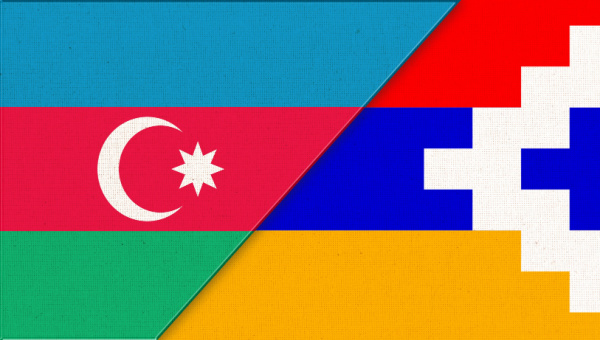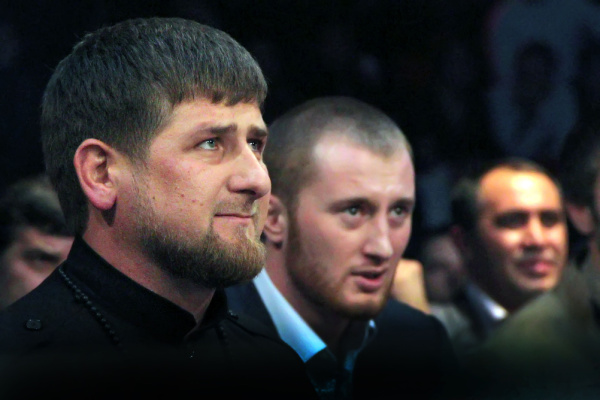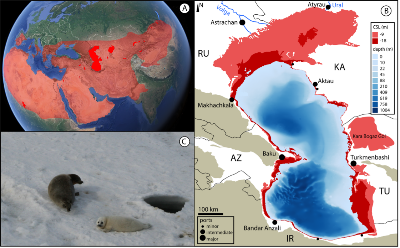Armenia’s Crisis After Azerbaijan's Final Offensive in Nagorno-Karabakh
By Natalia Konarzewska
November 9, 2023
Armenia was hit by a political and humanitarian crisis after Azerbaijan launched a massive military offensive in Nagorno-Karabakh on September, aimed at disbanding its de facto government and armed forces. Yerevan’s refusal to provide military assistance to the separatist region fueled massive protests across Armenia in support of Karabakh Armenians and against Prime Minister Nikol Pashinyan. Simultaneously, relations between Armenia and Russia reached a new low amid Yerevan’s assertion that Moscow failed to live up to its security commitments in the region. As a result of Nagorno-Karabakh’s capitulation on September 20, tens of thousands of Armenian refugees fled the region.

Kadyrov in the Shadow of Prigozhin’s Death
By Alexander Yeo and Dr. Emil A. Souleimanov
October 26, 2023
The demise of Yevgeny Prigozhin, the head of the Wagner Group, in August marks a time of change for the Russian elite. Chechnya’s strongman Ramzan Kadyrov is one of the members of the elite most likely to take advantage of the situation to strengthen his own position. In contrast to Prigozhin’s unpredictability, Kadyrov represents a controllable alternative for Putin given his utter reliance on the Russian President, and thus will be able to provide loyalty and stability through his own private security apparatus. The utilization of this apparatus, however, presents risks for Kadyrov. Therefore, Kadyrov is likely to look to improve his internal political position within Russia in the coming months.

Four Years On: An Update on Kazakhstan’s Reforms
Svante E. Cornell
October 24, 2023
Almost four years have passed since President Kassym-Jomart Tokayev embarked upon an agenda to bring thorough reforms to Kazakhstan’s politics and society. This article looks at the process of implementation of these reforms in a highly precarious geopolitical environment, where Russia’s war in Ukraine has led to increasing threats to Kazakhstan’s integrity by leading Russian figures. This analysis shows that Kazakhstan has proceeded on institutional reform, including modest but meaningful steps in sensitive areas such as separation of powers and electoral systems.

A New Spring for Caspian Transit and Trade
Svante E. Cornell and Brenda Shaffer
October 17, 2023
Major recent shifts, starting with the Taliban victory in Afghanistan and Russia’s war in Ukraine have led to a resurgence of the Trans-Caspian transportation corridor. This corridor, envisioned in the 1990s, has been slow to come to fruition, but has now suddenly found much- needed support. The obstacles to a rapid expansion of the corridor’s capacity are nevertheless considerable, given the underinvestment in its capacity over many years.

Decreasing Water Levels in the Caspian Sea: Causes and Implications
By Vali Kaleji
October 13, 2023
Various reports indicate that the water level of the Caspian Sea has decreased by one meter in recent years and could drop by 9 to 18 meters (30 to 59 feet) by the end of the 21st century. Although climate change contributes to this process, Russia’s construction of dams on the Volga River has played an important role in reducing the amount of water entering the Caspian Sea. This will have significant and serious implications, including a decline of the sea water level, a considerable retreat of the sea and increase of the land and coastal area especially in upstream countries (Russia and Kazakhstan), challenges to the operation of ports and shipping, as well as environmental consequences, particularly the drying of protected areas and wetlands.



